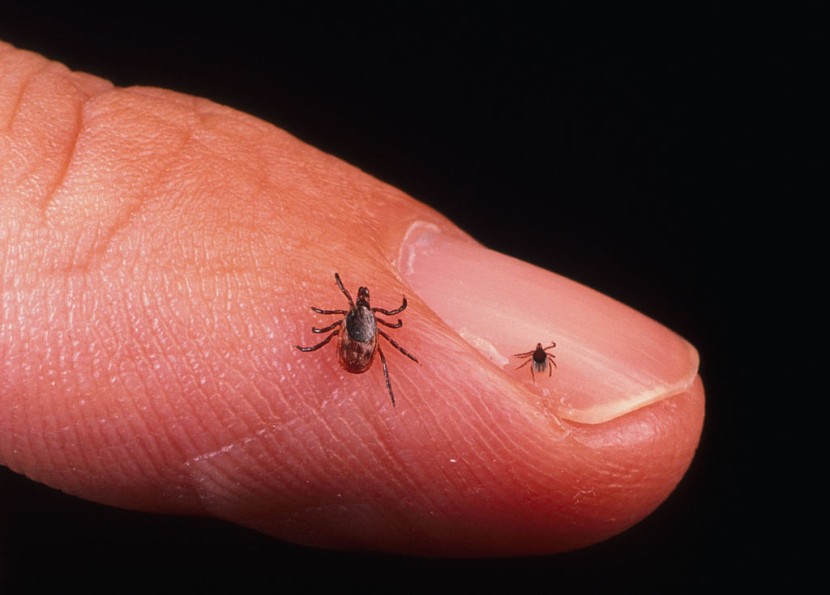An 80-year-old woman in Rhode Island died after contracting a deadly Tick-borne disease virus. The Centers for Disease Control and Prevention confirmed this after conducting a laboratory test.
Rhode Island: Tick-Borne Disease Kills 80-Year-Old Woman

According to Fox News' latest report, a woman contracted a rare case of the tick-borne Powassan virus disease.
Rhode Island Department of Health officials said that the woman is a resident of Washington County.
After developing neurological symptoms, the victim died in mid of July.
The Centers for Disease Control and Prevention released the results of its laboratory testing this August, confirming that the tick-borne disease virus was the main cause of the woman's death.
CDC authorities said that the Powassan cases are quite rare in the United States. However, numbers have increased significantly over the past years.
From 2013 to 2022, there have been 239 reported cases of the Powassan disease virus. In 2023, 11 cases were detected across the United States.
This deadly tick-borne disease is mostly found in the Great Lakes and Northeast regions of the U.S.
What to Know About Powassan Disease Virus

The Providence Journal reported that fever, headache, generalized weakness, and vomiting are the first symptoms of the tick-borne disease.
After that, the Powassan virus will progress to meningoencephalitis, which is an infection of the brain and the tissue that covers it.
Symptoms can also include seizures, aphasia (speaking difficulty), paresis (paralysis or muscular weakness), cranial nerve palsies, movement disorders, and altered mental status.
Medical experts said that severe Powassan cases require hospitalization. As of writing, there's no vaccine to protect people from this deadly tick-borne virus disease.
This is why it is highly suggested to prevent getting exposed to the said disease. The Rhode Island Department of Health and Department of Environmental Management says that the three keys to tick safety are repel, check, and remove.
Here are the tips that these Rhode Island organizations provided:
- Wear long-sleeved shirts and long pants when going outside.
- To see ticks easily, it would be best to wear light-colored clothes.
- Avoid going to brushy or wooded places, especially with high grass and leaves.
- Don't forget to tuck your pants into your socks when going to wooded or brushy areas. This will prevent ticks from crawling under your clothes.
These are just some of the safety tips you can do to avoid contracting the Powassan disease. To see more, you can click this link.
© 2025 HNGN, All rights reserved. Do not reproduce without permission.








